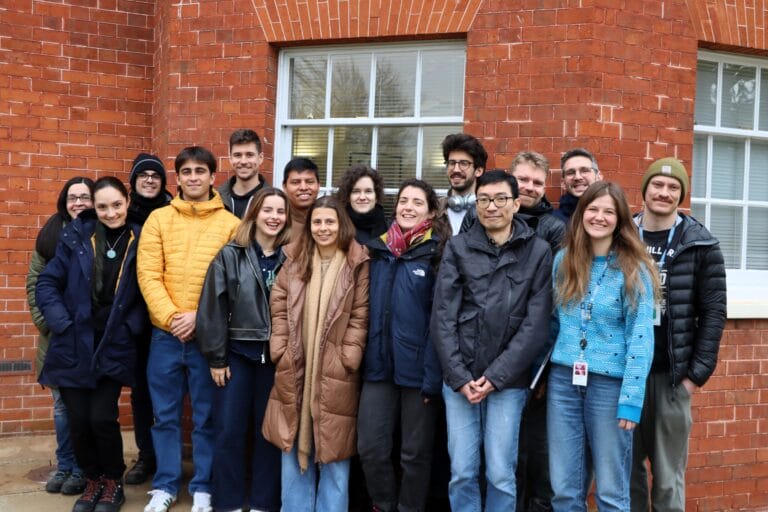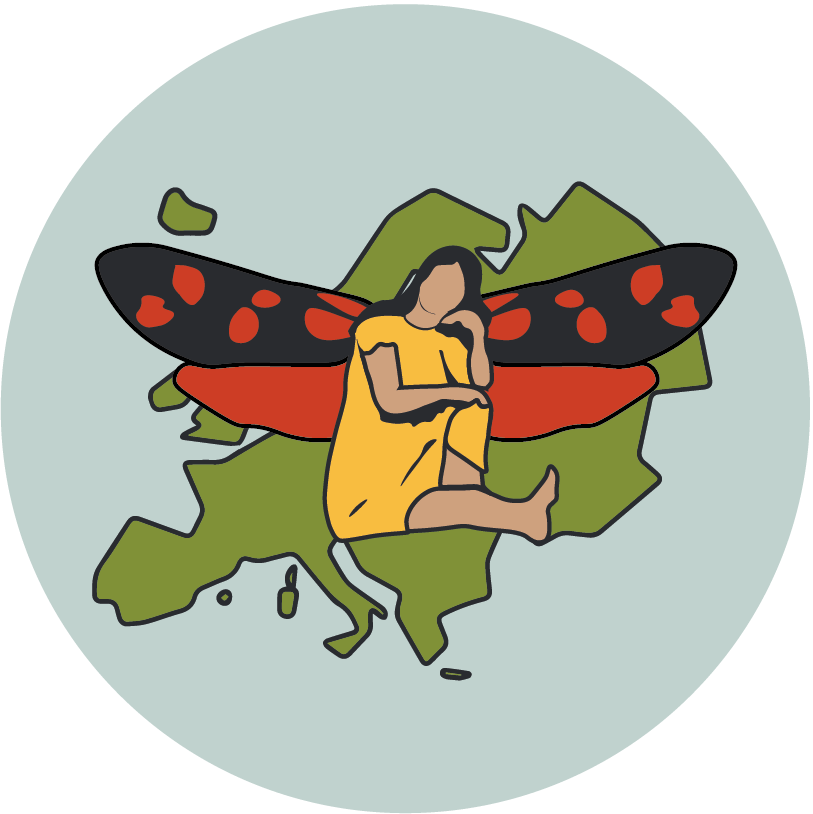Workshops
Since 2025, Project Psyche have begun to organise workshops, meetings and training activities as part of the COST action Lep10k genomes. Anyone that is part of the COST action is eligible to apply to join these workshops. You can find out more about the COST action and sign up here.
Project Psyche researchers meet in Sweden - March 2025
In March 2025, representatives of 15 countries gathered for the first Psyche Spring Meeting to share ideas and discuss future goals. The meeting was attended by researchers, at different career stages, from masters students to PI’s, with a range of expertise in genomics, taxonomy and Lepidoptera. Having a diverse community of researchers is a key strength of Project Psyche, and made for interesting discussions at the meeting.
The meeting was hosted by the Department of Biology of Lund University (Sweden) and focused on strengthening the community of Project Psyche, promoting scientific collaboration and creating space for interdisciplinary discussions about the
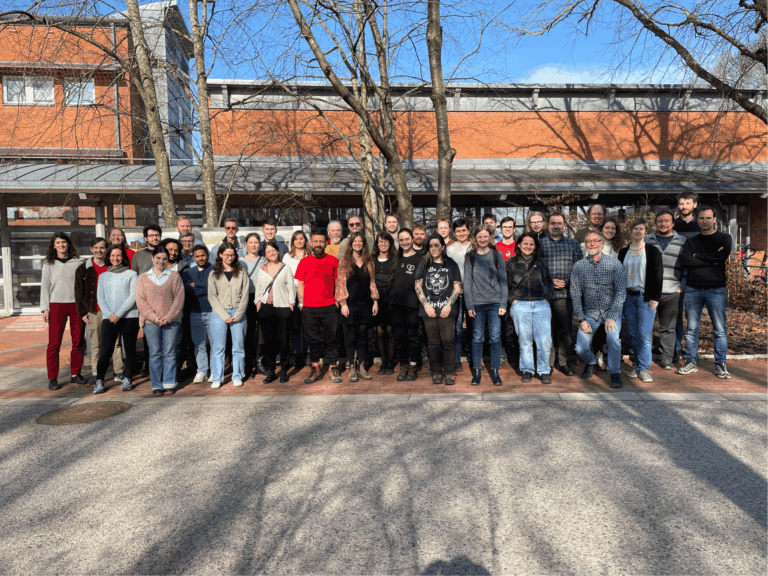
What questions will Project Psyche genomes help us answer?
Bringing together the Project Psyche community in Lund, Sweden enabled the group to discuss the broader motivations behind the project. Some key questions asked were:
- How can the genomes we generate be used to aid conservation of endangered species and biological control of pest species?
- What can we learn about butterfly and moth evolution from sequencing all the genomes of a diverse order of species such as Lepidoptera?
Genomes can be used to make predictions about how species may adapt to future climate change. In addition, sequenced genomes can form a foundation for studies which can inform conservation efforts. For example, looking at genetic diversity across a genome can give us an idea of the capacity of a species to adapt to environmental changes, and the level of inbreeding in a population (which can increase extinction risk). Generating the genomes for Project Psyche will help us to improve lists of Lepidoptera species present in Europe, and compile knowledge on the physiological and behavioural traits of butterflies and moths. This will be a valuable resource for future scientific and conservation projects.
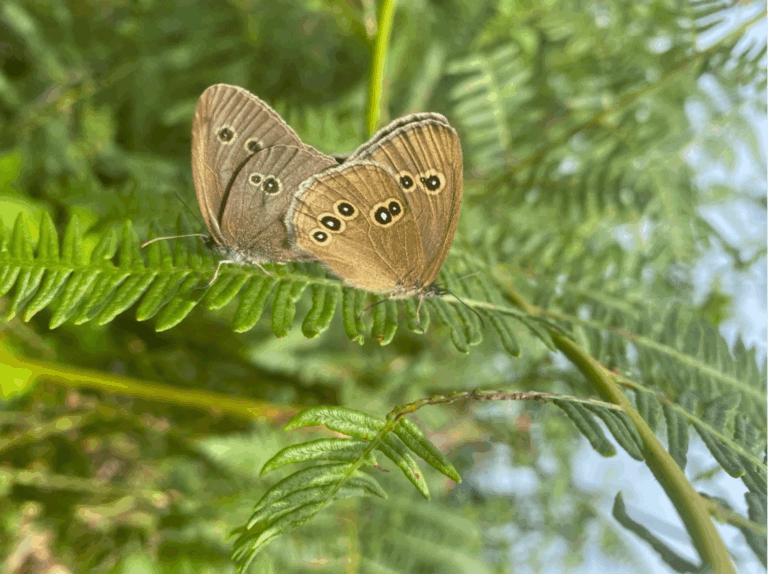
The importance of historical scientific collections
This first Spring Meeting fostered productive conversations and helped to improve the network within the Psyche community. However, there was also time to visit the Entomological Collection at Lund’s University where thousands of butterfly and moth specimens help us bridge the past, present, and future of biodiversity research. Project Psyche participants really enjoyed viewing this invaluable research.
You may be wondering why collections like this matter, and the truth is that these specimens are time capsules of biodiversity, holding crucial data for taxonomy, conservation, and genomic studies. They contain essential knowledge for understanding the impacts of climate change.
Taxonomy is crucial for biodiversity research. Investing in scientific collections and training taxonomists ensures we continue identifying, studying, and protecting species. To advance genomics and conservation, we need strong foundations in taxonomy. Supporting collections and researchers means securing the future of biodiversity science. Historical collections like those at Lund University ensure knowledge is preserved for generations of researchers to come!
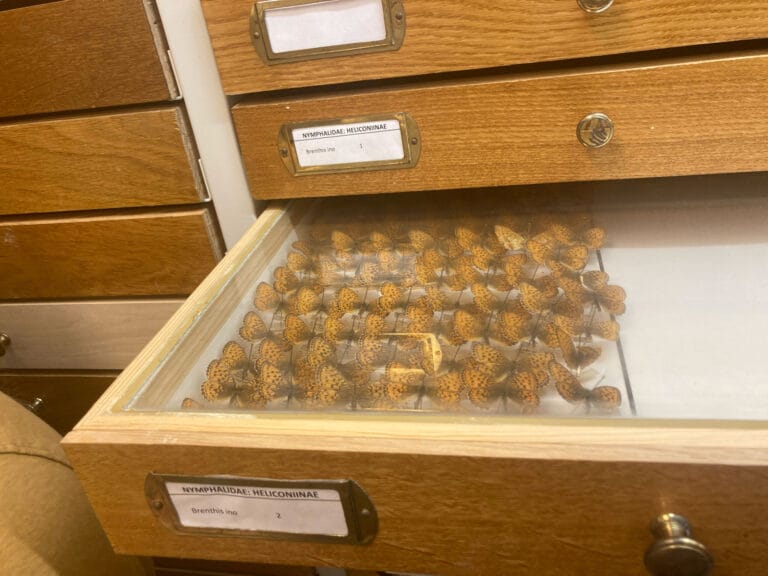
As the meeting came to an end, a group of attendees gathered to mark International Womens’ Day on March 8th. Project Psyche champions inclusivity and gender equality in science to ensure equality of opportunity for all.
In an effort to continue growing this group of experts and to enable success of the project, this group are constantly on the lookout for new members across Europe. Keep in touch with Project Psyche via the website, on social media, and become part of Project Psyche to participate in training and meetings across Europe.
Post written by Laura Torrado-Blanco and Mónica Doblas-Bajo.
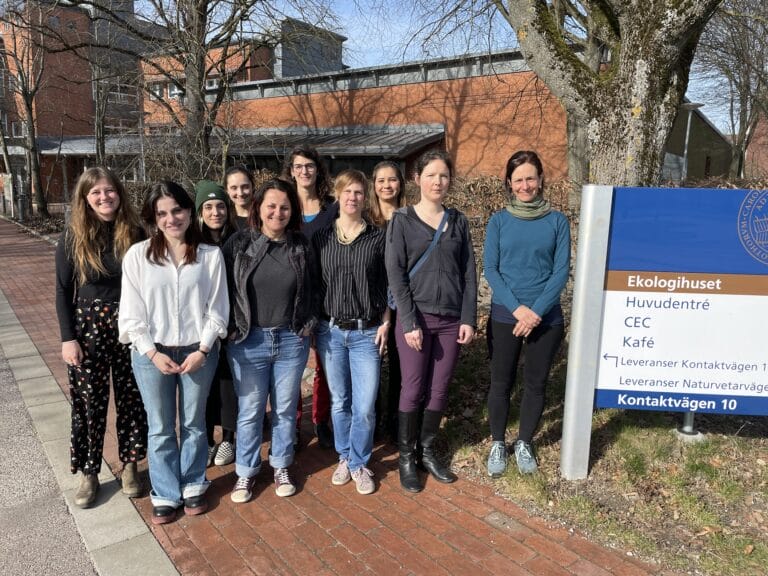
Genome Curation Workshop - February 2025
Post written by Charlotte Wright.
